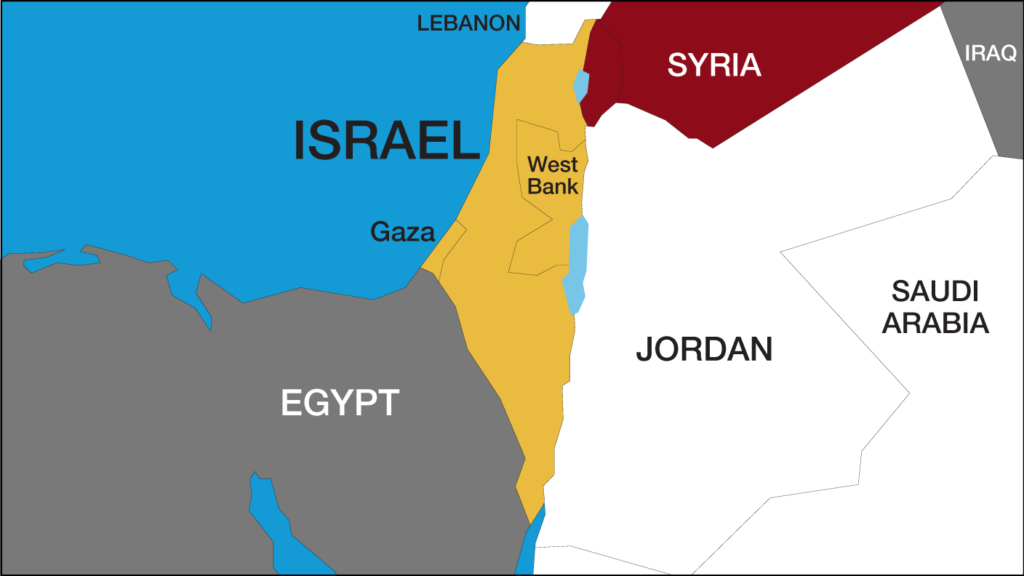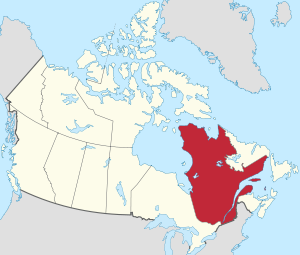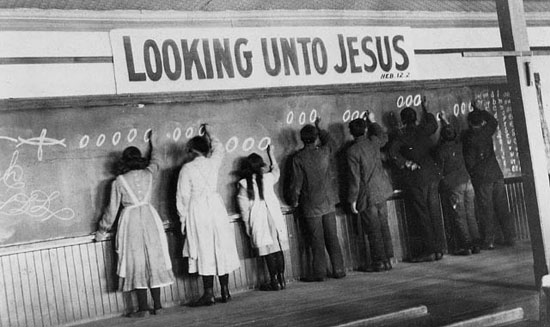U1L3 Reconciling Nationalist Loyalties
| Site: | MoodleHUB.ca 🍁 |
| Course: | Social 20-1 RVS |
| Book: | U1L3 Reconciling Nationalist Loyalties |
| Printed by: | Guest user |
| Date: | Friday, 26 December 2025, 8:02 AM |
Description
U1L3
Introduction
Unit 1 Lesson 3 Introduction
Reconciling Nationalist Loyalties
Key Issue: To what extent should people reconcile their contending nationalist loyalties?
Key Terms
- Contending Loyalties
- Cultural Pluralism
- Collective consciousness
- Reasonable Accomodation
- Loyalty
- Nationalist Loyalty
- Non-nationalist loyalty
- Individual Identity
- Collective Identity
- National Identity
- Sovereignists
- Federalists
- Reconciliation
- Royal Commission
Reconciling Nationalist Loyalties
France needed a hero, but did they get one? The Enlightenment and French Revolution led to the eventual reign of Napoleon, followed by his downfall.
We study this to learn about the evolution of modern nationalist ideas.
The enlightenment brought up the ideas, the French Revolution put them into action and nationalist groups wanted to rule themselves in order to create a better society for the people within their nation.
Now we will look at loyalty
and the history of other nationalist movements and how they have developed over time..
Loyalty may be the firm belief in or the show of support for an idea, a person, a group, or a nation. Individuals may hold many loyalties. You
may even hold loyalties that do not exist together in harmony. These loyalties may contend, or compete, with each other. For some individuals, it may enrich their lives to hold diverse, even contending loyalties. Contending loyalties
for some individuals may create conflict and demand reconciliation to end the competition or issue.
In the case of Canada, contending loyalties may require attention in order to secure unity and peace in the nation.
In this section you will explore the diverse loyalties that individuals hold in response to this question: What are your loyalties in relation to nation, nationalism, and identity, and do nationalist loyalties shape your choices?
Each of the following lesson inquiries will develop understandings to help you respond to the section questions:
What are your loyalties?
Do you have to reconcile your diverse/contending loyalties?
Lesson - Nationalist Loyalties
Unit 1 Lesson 3a
Nationalist Loyalties
Key Issue: To what extent should people reconcile their contending nationalist loyalties?
Key Terms
Reconciling Nationalist Loyalties
One synonym for loyalty is "commitment" - the act of staying true to an idea, a cause, a nation, a person, or even yourself. People sometimes demonstrate their loyalty publicly. British Prime Minister Winston Churchill did this during World War II, when he vowed in a famous speech that Britain would "never surrender" to Hitler and fascism. But loyalty does not need to be displayed publicly. It can be low-key and long term, as in the quiet commitment of two people who are united in a lifelong relationship.
Non-Nationalist Loyalties are loyalties that are not embedded in the idea of nation. (ex - Loyalties to family, friends, school, ethnicity, sports etc)
Listen to the following explanation for Reconciling Contending Loyalties
Names can be useful tools for affirming nationalist loyalties. The Inuit of South Baffin Island, for example, have started the South Baffin Place Names Project to record traditional Inuktitut place names. Inuktitut is the language of the Inuit. Inuktitut names were often ignored by Europeans, who gave their own names to places in the North. Watch the following video, Kiviaq versus Canada.
|
Watch the following documentary. Kiviaq vs Canada:
As you watch, answer the following questions: (along with the questions at the bottom of last page, you will be submitting these to me. A submission folder will be available tomorrow!)
 |
Reflection: What are your loyalties?
2
Lesson - Conflicting Nationalist Loyalties
Unit 1 Lesson 3b
Contending Loyalties
Key Issue: To what extent should people reconcile their contending nationalist loyalties?
We will be exploring how contending nationalist loyalties can create conflict by examining how Newfoundland mourns on Canada Day, the ongoing debate over Quebec nationalism, and Aboriginal reconciliation.
When people's choices enable them to include more than one nationalist loyalty in their identity, these loyalties are compatible - they can coexist without conflicting. If you are a new Canadian citizen, for example, you might feel a strong loyalty
to Canada at the same time as you feel a strong loyalty to your original homeland. You might show these loyalties by choosing both to keep up with the news from your country of origin and to attend a Canada Day celebration. Your two loyalties
can coexist without causing you turmoil.
But nationalist loyalties are not always compatible. Their goals sometimes conflict. If you feel a strong loyalty to Canada at the same time as you feel a strong loyalty to Quebec - and your
loyalty to Quebec lead you to believe that the province should become independent - you would have a hard time making choices that would satisfy both these loyalties.

Israel in yellow

Quebec in red

Fleur De Lis

Israel
Crisis Guide: The Israeii-Palestinian Conflict:
http://www.cfr.org/israel/crisis-guide-israeli-palestinian-conflict/p13850
Quebec
| Quebecois have a long history of grappling with contending nationalist loyalties. In 1995, a referendum on separating from Canada forced them to choose between their loyalty to Quebec and their loyalty to Canada. An extraordinary 93.5% of Quebecois voted in this referendum. The results, in which the no side eked out a narrow victory, revealed that voters were nearly equally divided over how to reconcile these contending loyalties. |
|
Reconciliation can mean coming to terms with the past or mending a broken relationship. When two friends have a serious disagreement, an act of reconciliation can help resolve their differences and bring them together again. Similarly, when peoples or nations disagree, or when their nationalist loyalties lead them to pursue contending goals, an attitude of reconciliation can bring them together and enable them to coexist in peace. But when two contending nations cannot achieve reconciliation, the outcome can be serious. The inability to resolve differences may lead to damaging political struggles and even outright war.
First NationsFor decades, Canadian governments tried to force First Nations, Inuit, and Metis to abandon their culture and traditions and to assimilate into mainstream society. Over the past decades, this policy has changed, as governments have recognized Aboriginal and treaty rights. These rights are now enshrined in the Charter of Rights and Freedoms, yet many First Nations, Inuit, and Metis continue to face an uphill struggle in their quest to control their own destiny. |
The Royal Commission on Aboriginal Peoples
|
Watch the statement of apology to former students of Indian Residential Schools from TWO different Prime Ministers
The Truth and Reconciliation Commission: TRC
Newfoundland
Newfoundland joined confederation late(1949), allowing Newfoundlanders to develop a unique sense of loyalty before it would conflict with a larger Canadian national identity. A major conflict of nationalism for somebody from Newfoundland would be the example of July 1st. Everywhere else in Canada it is celebrated as Canada Day, where we fly our flags and attend our parades to celebrate our Country. Unlike the rest of Canada Newfoundland mourns on July 1st, and historically has since WWI, due to the great loss of life of Newfoundlanders in the battle of Beaumont-Hamel. If you were/are from Newfoundland the contention would be between celebrating your Canadian nation versus mourning for the Soldiers lost at the Battle of Beaumont-Hamel.
Assignment
Assignment Preparation (Do NOT submit)
Now that we know the historical development of nationalism, we need to ask does nationalism still have relevance today? We will begin to look at the history of some important nationalist movements in order to assess their causes and impact on society. Begin by clicking on the three types of nationalism below and reading through the material. Be sure to highlight the most important information in each one. Then, fill in the following RETRIEVAL CHART and store your answers for future study purposes.
American Nationalism
Quebec Nationalism
Metis Nationalism
Watch the Metis Anthem
 Assignment (Submit):
Assignment (Submit):
Each of the topics (above) saw pivotal events that helped shaped the nationalist movements.
Open a new Powerpoint presentation. Label it SS20U1L3.surname
In this powerpoint, complete ONE of the following outlined below.
Submit this assignment using the Assignment Folder for U1L3 Fndation National.
Open the following Inquiry Research Project and choose ONE topic to present on.
View the following EXEMPLAR to better understand the assignment expectations.
Evaluation and Conclusion
Evaluation
Knowledge and Understanding (understanding of content) - /20
Thinking (Creative and relevant images/critical thinking) - /20
Communication - /20
- Written
- Knowledge
- Terminology/Conventions
Application (making connections) - /20
Total - /80
Conclusion
We are now getting a clear picture of how nationalism developed, and how it spread to other dissatisfied or alienated groups in society. We will look at other nationalist groups to determine their goals and actions historically and currently in future lessons.